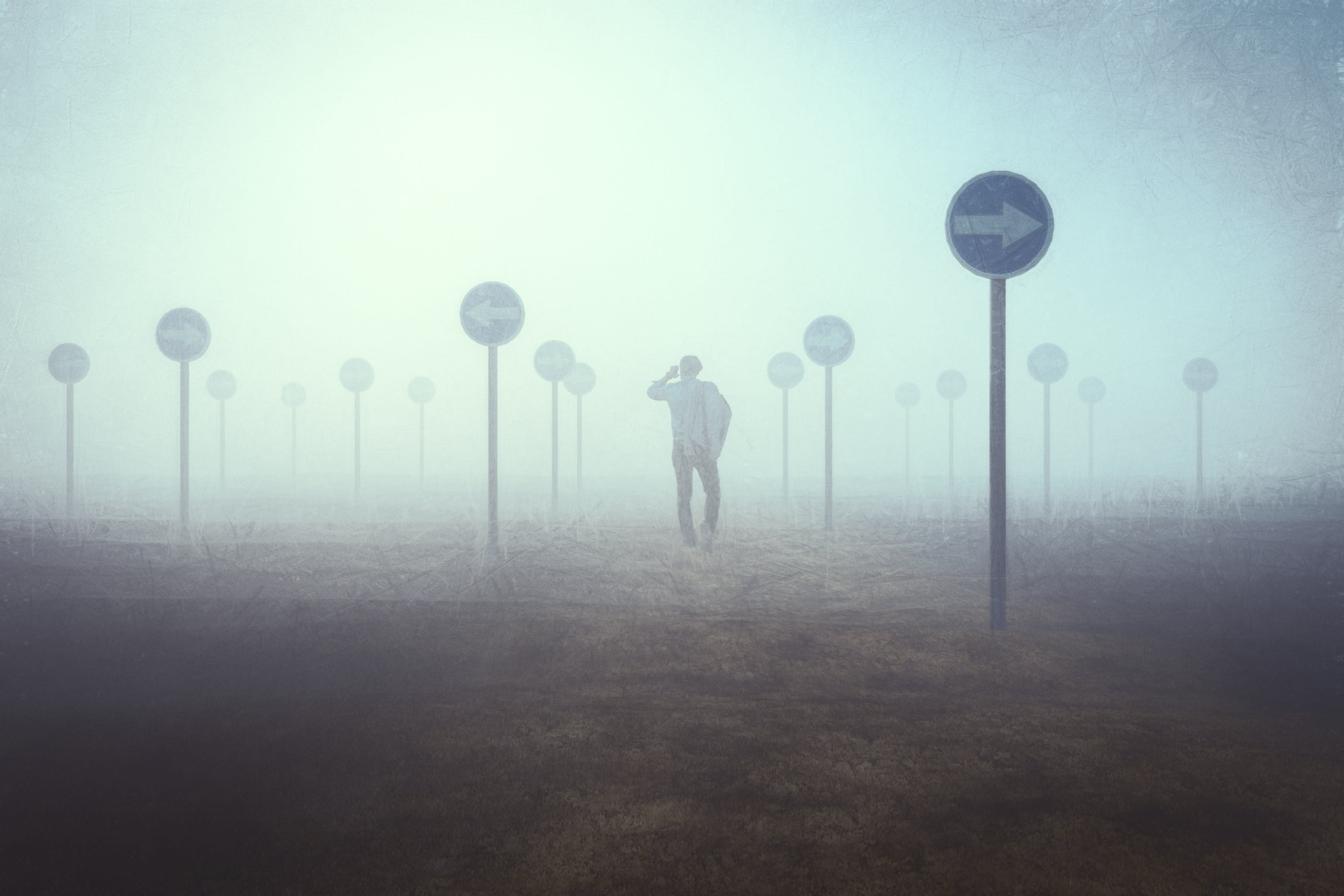We all encounter uncertainty - it's one of the inescapable truths. I explored how uncertainty appears in different careers and in society in my book The Uncertainty Effect: How to Survive and Thrive through the Unexpected, and was recently asked a simple question: What did I learn from writing the book?
-
Michelle Lazarus
Associate Professor, Faculty of Medicine, Nursing and Health Sciences
I learned quite a lot, which shapes how I think about and approach uncertainty.
Here are my top five takeaways:
Uncertainty is universal
We all face it - whether we invite it in or not. From our workplaces to the societies within which we live, uncertainty is everywhere. There's some evidence that uncertainty is increasing in the modern world - from climate change to pandemics to geopolitical security, we exist against a "background hum of uncertainty".

No career has a monopoly on uncertainty; we may expect ambiguity in humanities and social sciences (for example, ethical grey areas), but uncertainty features in other fields too (including science, medicine, education, and business/economics).
We also experience societal uncertainty through globalisation, as we're exposed to cultures and different ways of living and working. The challenge we face is not will we encounter uncertainty, but rather how we choose to see and respond to these universal unknowns.
Everyone responds to uncertainty differently
As we're thrashing around in the sea of uncertainty, how we perceive and respond to uncertainty (that is, our uncertainty tolerance) can be the point of difference.
While traditional views of uncertainty tolerance suggest we're born with a certain "level" of it (that is, it's a personality trait), modern research is increasingly illustrating the changeable, context-driven nature of our uncertainty tolerance.
At one end of the spectrum is intolerance, which can be represented by avoidance in the face of uncertainty. At the other end is our ability to progress, acknowledging that we may never get all the information.
Importantly, appropriate uncertainty tolerance can vary across situations and individuals.
As I write in the book:
It is important to remember that not every field, nor every individual, can bear the same tolerance for uncertainty. In healthcare, seeking out uncertainty with abandon could be seen as not only uncaring but also dangerous … For those marginalised in society, there may be structures that hinder or prevent [key factors such as] psychological safety. For many of us, though, being armed with the awareness that we can influence and change our responses to uncertainty can be both empowering and a relief.
Our responses to uncertainty will vary based on our own predisposition and personal circumstances, but change is possible, and this is the power of the uncertainty effect.
Risk and uncertainty are not synonymous
As a species, we tend to view uncertainty - particularly when the unknowns are related to our survival and/or our social positions - as high stakes.
We struggle against the idea that uncertainty can lead to positive outcomes (think a lottery win or a game-day success), and instead cling to ideas that we can somehow model, checklist, standardise or procedure our way out of uncertainty, complexity and variability.

We're compelled to do this because we too often view uncertainty and risk as equivalents.
What writing this book revealed is that these attempts to shield ourselves from uncertainty not only fail to suppress the uncertainty; they typically result in outcomes worse than if we faced it head-on, as is seen with climate change. Denying the uncertainty becomes the source of risk.
There's no panacea for uncertainty
There are as many potential options for effectively responding to uncertainty as there are sources of it. The only salve for uncertainty may be related to what not to do: don't ignore it.
We can consider a variety of options to respond adaptively to uncertainty where appropriate (the book includes far more). These include building in ways to "see" the uncertainty through:
- complexity modelling (alongside closed system modelling)
- creating spaces for those that challenge or question "certainties" in work and life
- resisting efforts to narrow complex challenges to simple solutions
- being transparent about uncertainty when it presents.
When faced with the discomfort typically accompanying uncertainty, we can try to use it as a signal (where appropriate) that our uncertainty tolerance is being challenged. In response, we can engage our curiosity - to ask questions and challenge (ours and others') assumptions.
In cases where uncertainty and stakes are high, uncertainty tolerance might involve post-normal science where we draw on diverse expertise outside of the scientific elite, and/or adaptive decision-making






